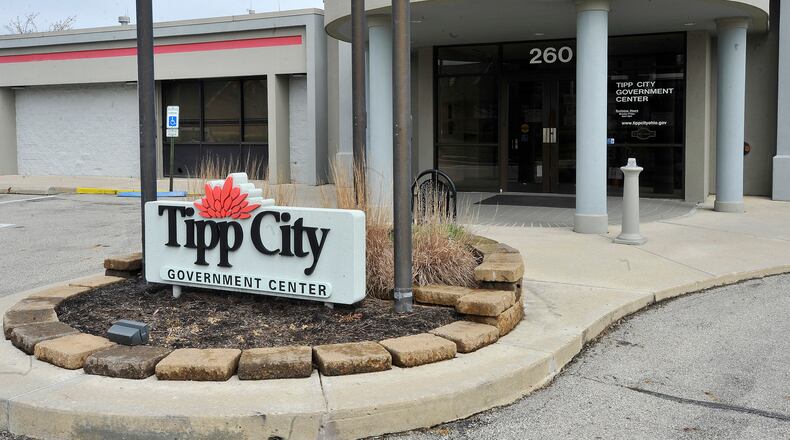A 0.5 percent income tax for 10 years likely will be on the ballot in November.
MORE COVERAGE: Legendary Tipp City designer of iconic Ford Mustang dies
Council will need to take legislative steps required to ask the Miami County Board of Elections to place the question before voters. The deadline for filing issues for the November ballot is in early August.
The proposed tax would raise around $2.5 million a year for capital projects. It would cost a resident earning $50,000 a year (with no credit paid to another city) approximately $250 a year; earning $75,000 a year, approximately $375; and earning $100,000 a year, approximately $500, according to a report to council from City Manager Tim Eggleston and Finance Director John Green.
Although at one point it appeared both the city and the Tipp City Exempted Village Schools could be before voters with tax proposals this November, that won’t happen. Schools Superintendent Gretta Kumpf told the board of education in late April that the COVID-19 situation had delayed exploration of options for a return to voters by the school district for dollars to build elementary classrooms.
DETAILS: Local schools to lose millions in state money in next two months
The city currently has two income taxes of 0.25 percent that would be combined into the one issue. The first 0.25 percent drops off in June 2021 followed by the second 2022, Green said.
Council was asked to review the next 10-year plan of proposed projects. The first 10 years of projects included a lot of street repairs and paving, a new fire ladder truck and fire station improvements among an array of projects.
The proposed projects were explored and then recommended to the council by a citizens committee that met several times before the first income tax for capital improvements was proposed. This time, a smaller group of volunteers for a committee met only a couple of times to discuss how the program works and what projects were being proposed by staff.
That list was recommended to council.
READ MORE: What to do in Tipp City, Ohio: Where to eat, drink & shop
In addition to the income tax, council was given numbers on the size of property tax that would be needed to generate the funding. The property tax drew few comments
Councilman Mike McFarland pointed out the school district traditionally has focused on the property tax for its operations and capital projects. He said he was OK with the city continuing to use the income tax. If the city tried for a property tax versus income tax, the schools might then propose using an income tax for some of its needs.
McFarland also asked why the city wasn’t looking at a permanent income tax for capital improvements versus seeking a renewal for 10 years.
Green said the citizens committee 10 years ago and again recently appeared to like “the fact we are accountable every 10 years and show this is what we said we were going to do with the money and this is what we did.”
Council President Katie Berbach said she didn’t favor a permanent request. “I think it’s a good idea to keep it on as a renewal versus permanent,” she said.
Contact this contributing writer at nancykburr@aol.com
About the Author
